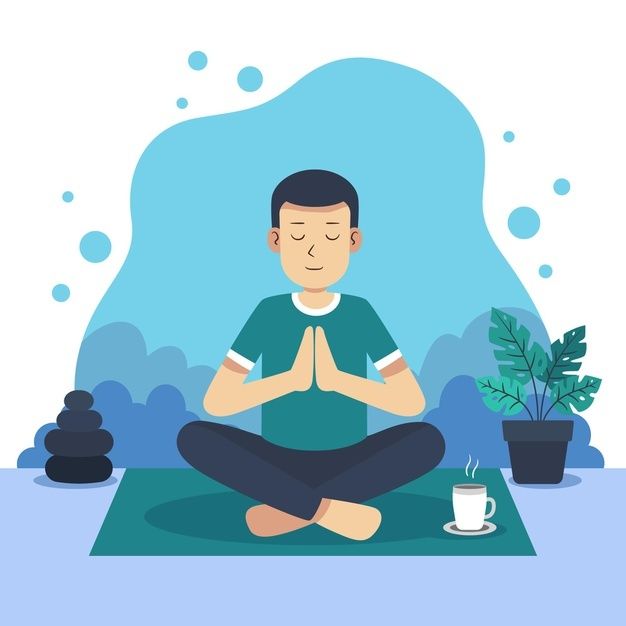
In today’s fast-paced world, the demands of daily life can often feel overwhelming, leading to stress, anxiety, and depression. With mental health challenges on the rise, individuals and health professionals alike are continually searching for effective strategies to manage these conditions. Among the various approaches, mindfulness meditation has emerged as a particularly effective tool not only for managing stress, anxiety, and depression but also for enhancing overall mental well-being.
Mindfulness meditation involves the practice of intentionally focusing your attention on the present moment and accepting it without judgment. It is rooted in Buddhist traditions but has been adapted in Western cultures to be a non-sectarian, accessible practice that people of all backgrounds can use to foster better mental health.
Reducing Stress Through Mindfulness
Stress is a common response to the pressures of daily life. Chronic stress can lead to significant health issues, including heart disease, diabetes, and mental health disorders such as anxiety and depression. Mindfulness meditation helps reduce stress by promoting relaxation and enabling practitioners to manage their reactions to stressful situations more effectively. Studies have shown that mindfulness techniques can lower cortisol levels, the hormone associated with stress, thereby reducing the overall stress experience.
Alleviating Anxiety with Mindfulness
Anxiety, characterized by persistent and excessive worry, can be debilitating. Mindfulness meditation helps alleviate anxiety by teaching practitioners to focus on the present, reducing the tendency to ruminate over potential future worries or past concerns. A meta-analysis of studies on mindfulness and anxiety has indicated that regular practice can significantly decrease symptoms of anxiety.
Combating Depression Through Mindful Practices
Depression is a serious mood disorder with symptoms that can include persistent sadness, low energy, and a loss of interest in daily activities. Mindfulness meditation contributes to the management of depression by breaking the cycle of negative thought patterns. It encourages a greater awareness of the moment-to-moment changes in mood, helping individuals recognize and distance themselves from depressive thoughts. Clinical trials have demonstrated that mindfulness-based interventions can reduce the recurrence of depression as effectively as antidepressant medications.
Beyond reducing stress, anxiety, and depression, mindfulness meditation offers extensive benefits for overall mental health, including improved attention, better cognitive flexibility, and enhanced emotional regulation. These benefits contribute to a more resilient mental state, enabling individuals to handle life’s challenges with greater ease.
Practical Tips for Incorporating Mindfulness Meditation
- Start Small: Begin with short periods of meditation, such as five minutes per day, and gradually increase the duration as you become more comfortable with the practice.
- Create a Routine: Try to meditate at the same time every day to establish a consistent routine that becomes a regular part of your life.
- Find a Quiet Space: Choose a quiet place where you won’t be disturbed, helping to facilitate a deeper state of focus and relaxation.
- Use Guided Meditations: For beginners, guided meditations provided through apps or online platforms can be very helpful in leading you through the meditation process.
- Be Patient and Consistent: Mindfulness is a skill that takes time to develop. Regular practice is essential for reaping its mental health benefits.
As we continue to navigate the complexities of modern life, mindfulness meditation offers a powerful, accessible means to improve mental health. Whether dealing with daily stress, battling anxiety, or combating depression, mindfulness provides a path to not only manage these conditions but also to enhance overall life satisfaction. By incorporating mindfulness practices into your daily routine, you can open the door to a healthier and more balanced life.